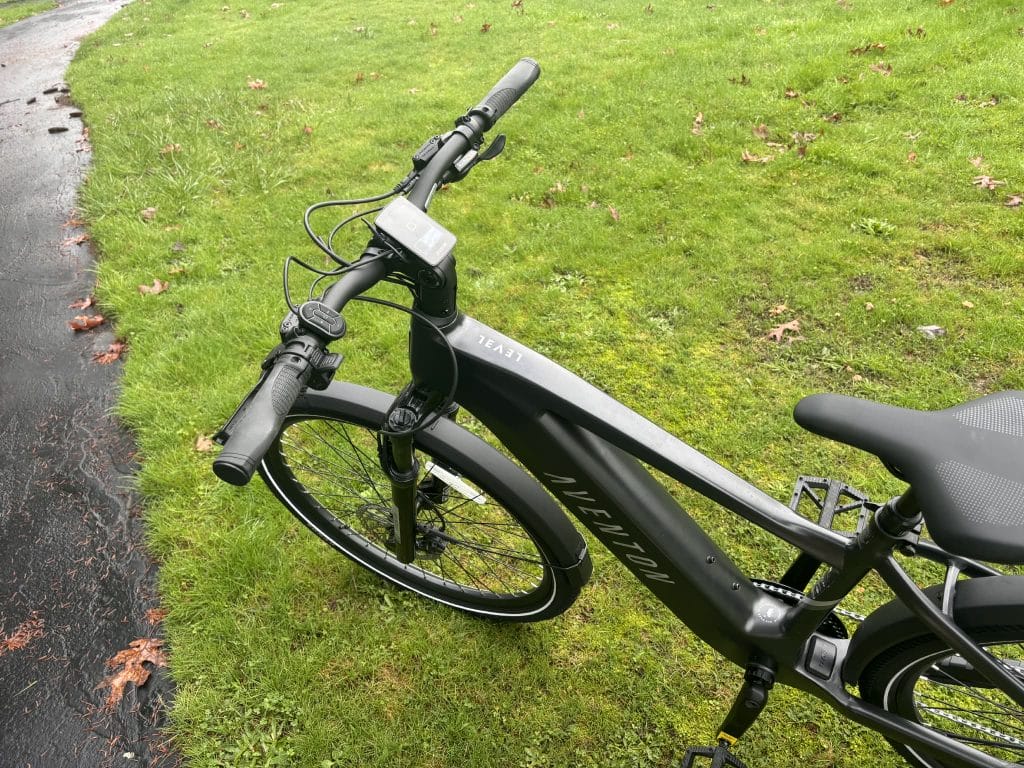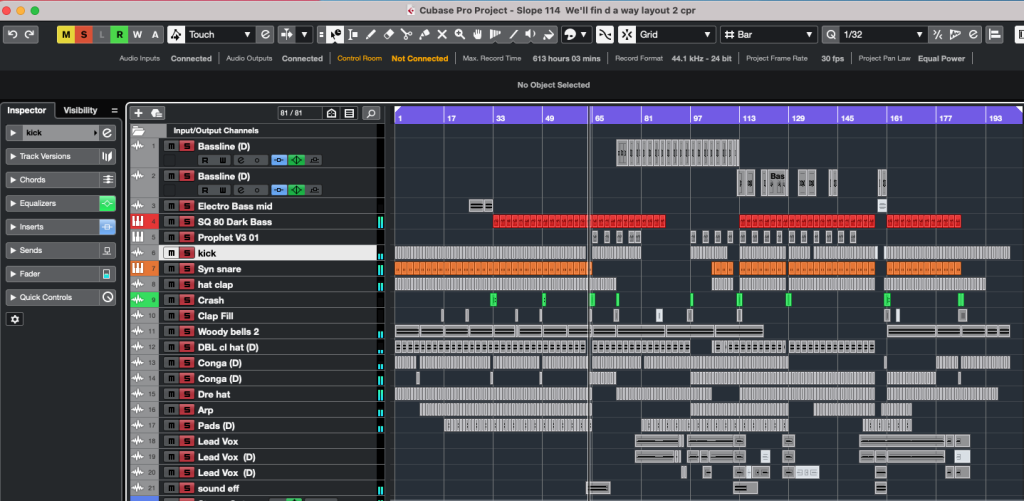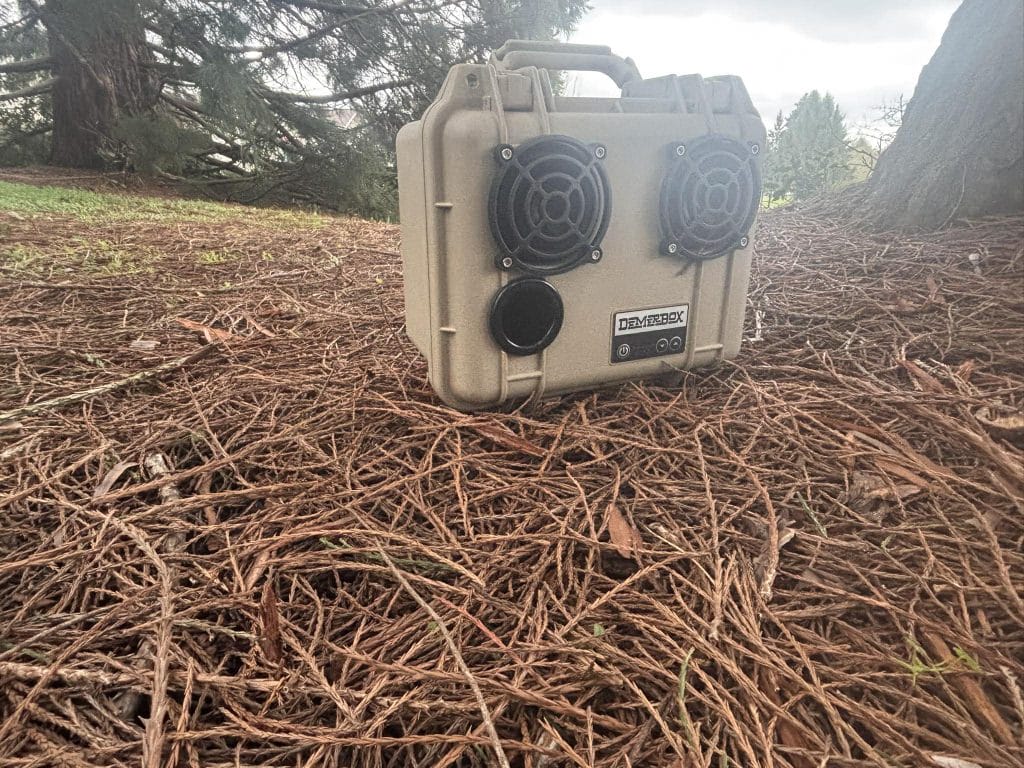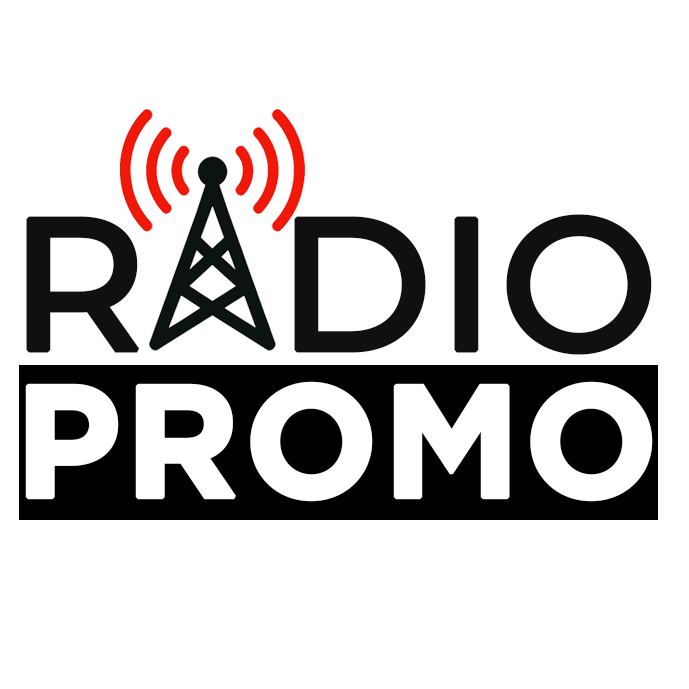We’re getting to a point where it is very difficult to for underground artists to break out.
As contacts for playlist adds, radio spins, and bookings become more and more elusive, more and more underground artists are getting left behind – even though their music is great and their work ethic is unmatched. For every one win, there are a thousand losses. And, as we all know, wins are needed to pay the bills and keep the dream realistic. To make a long story short, it’s tough out there.
But, there’s a company out there taking a tried and true ethos and applying it to this problem: work smarter, not harder.
Innovation Syndicate LLC currently has three data-driven tools out there to help more and more underground artists find these contacts and get these wins. PlaylistSupply focuses on Spotify play listing, Booking-Agent.io looks for talent buyers, and the newest tool, RadioPromo.io, provides a way to find programming directors to get your music on the radio. By using these tools, you’re able to get the contacts you need to grow, and get one step closer to a big win on your end.
After playing around with these tools, we knew we had to learn more. We’ve never seen a tool that so effortlessly opens new doors for underground artists (let alone three!), and wanted to know more about the data and ethos behind them.
1. What’s your origin story here? What inspired you to create not one but three different data-driven platforms for artists?
Music marketing, management, and artist booking are often strategies that happen behind the scenes or within large record labels and agencies. The inspiration for us to innovate within music tech came out of pure frustration from our experiences working with record labels, booking agencies, and talent buyers. When managing our own artists, we either had to have a large budget or spend an insane amount of time manually researching everything, from concert history, venue websites and talent buyer emails to playlist curator contacts and radio program directors. It was inefficient, inconsistent, and just not scalable.
We realized there had to be a better way, especially for indie artists doing this on their own, so we started building the tools we wished we had. First came PlaylistSupply, to streamline playlist curator research and provide a powerful data tool for checking playlist quality, analyzing playlist growth, and being an all-in-one-platform for Spotify playlisting. As live shows returned post-pandemic, we launched Booking-Agent.io to find live music venues and talent buyer data, building a tool that eliminated a highly gate-kept sector of the music industry’s live scene.
Most recently, we built a groundbreaking new tool RadioPromo.io to modernize the process of finding radio stations and program directors’ contacts to pitch for airplay. Our experience showed us that there are extremely few ways for artists to market to Radio without extremely expensive agencies and pluggers.
Each tool solves a real problem we personally ran into as artist managers, booking agents, and that we saw a ton of indie artists face themselves. Our goal was to eliminate the manual work and give independent artists, managers, and artist teams the same kind of access to data and infrastructure the majors have, but without the gatekeepers.
2. How does data level the playing field between independent artists and established acts with big budgets?
The right music industry data tools give independent artists and small teams real leverage. If you know exactly which playlists are driving genuine discovery, which venues are consistently booking artists in your niche, and which radio program directors and DJ’s are open to playing music from acts similar to yours, you can move with the same precision as a major label team, without needing their budget.
Established musicians often lean on decades of relationships and expensive middlemen. The right data gives indie artists a direct alternative. Instead of waiting for opportunities to trickle down, artists can find playlists with genuine growth, see which shows are happening in specific cities, monitor where their peers are breaking through, and reach out directly to the decision makers who can make a difference.
It turns guesswork into strategy. Data empowers artists to invest their limited time and resources where it actually matters: pitching the right curators instead of spamming 100random ones, contacting the exact venues that are a fit instead of cold emailing every club in town, or targeting the radio stations already breaking similar artists. In short, it’s the blueprint behind every successful DIY strategy we’ve seen, making it possible for independent artists to compete head-to-head with acts that have bigger teams, budgets, and connections.
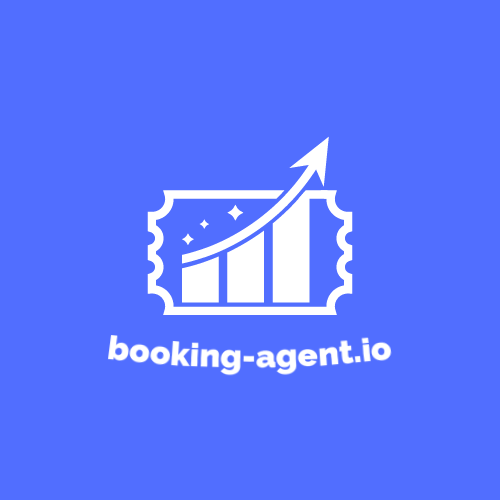
3. How do you ensure the accuracy and freshness of the data your platforms provide?
All of our platforms: Booking-Agent.io, PlaylistSupply, and RadioPromo.io are built on real-time search engines, not static directories or manually updated databases. That means every time a user runs a search, the tools are pulling in the most up-to-date information available in real-time, rather than relying on something that was uploaded or manually updated months or years ago.
Think of it like using a search engine instead of an old phone book, you’re always seeing the latest results as they exist right now. Additionally, we incorporated various API’s and tools to further verify this data as it is searched. This way, artists and managers can be confident they’re working with the most current playlist, venue talent buyers, or radio contact information when planning outreach and trying to grow their artist careers.
4. Why do you emphasize your “similar search” function? Are they an effective way to discover opportunities?
Absolutely! Targeting similar artists strategies is one of the most powerful ways to grow. It works on the idea that success leaves a trail. If you’re an artist trying to break through, there’s huge value in looking at artists who are just a bit ahead of you, artists who have a similar sound, audience size, or genre. By identifying who’s performing a bit more, getting placed on more high-quality playlists, or securing more radio airplay, you can then target the same venues, curators, and stations that helped them get there, and follow a similar trajectory.
It’s not about copying someone else’s path. It’s about reverse-engineering their success and using the data to target the most likely supporters for your next step. We always recommend making a list of 20+ similar artists who are doing slightly better than you in one area (size, live show performance, playlist performance, radio airplay) and then aiming for the same opportunities they’ve unlocked. It’s like following a proven roadmap to success.
5. You have several map-based interfaces across your tools. Can you explain why you chose to present these tools in this way?
Music is inherently tied to location, whether you’re thinking about where to perform, where your fans are, or which radio stations are playing your tracks. We chose map-based interfaces for Booking-Agent.io and RadioPromo.io because they give artists instant visual clarity about opportunities and make it easy to see where to go next.When artists use our maps, they can quickly see which cities are hot, which venues or radio stations are within reach, and how to plan their next moves. It also highlights non-obvious opportunities. For example, a rock band in Nashville might not know they’re getting airplay in Mexico City, or that a venue in Los Angeles has recently booked three similar acts. Or if an artist has a gig in a new market like London, UK, a smart strategy would be to target radio stations in London. Or even vice versa, if an artist notices a surge in radio airplay in London, they would then target venues there to lock in more performances. The map view brings these hidden connections to light in an instant, helping artists spot patterns and act fast.

6. Can you share a success story of an artist who used your platforms’ data to reach a major career milestone?
One of our most exciting success stories is from managing an electronic artist based in Europe. We initially built these tools for ourselves, using them to navigate the music industry as managers and booking agents. The first step was getting our artist on high-quality “Discovered On” playlists using PlaylistSupply, focusing on the most valuable playlists that would drive the right kind of traffic and exposure.
Once we saw how effective that strategy was, we used Booking-Agent.io to identify the venues where similar artists were performing. This allowed us to start booking our artist shows at key locations and festivals. Then, with RadioPromo.io, we pinpointed radio stations and program directors playing music from similar artists, securing airplay that helped boost his visibility even further, complimenting the live shows and playlist placements.
Fast forward to today, and he’s headlining festivals across the world, consistently appearing on high-quality playlists, both editorial and user-generated, and getting worldwide radio airplay and traction. What started as a DIY approach using the same tools we built for ourselves is now a success story of a fully independent artist, achieving major milestones in the global music scene.
7. How will these tools change the conversation between artists and industry gatekeepers?
We’re shifting the balance of power in the music industry. For decades, artists have had to wait for someone else, a label, manager, promoter, or booker, to give them a chance. They were always on the receiving end, hoping to be discovered. But the tools we’ve built flip that dynamic entirely.
Now, instead of waiting for someone to open a door, artists have the tools and the data to create opportunities for themselves. Whether it’s securing playlist placements, booking live shows and tours, or getting radio airplay, artists can use real-time data to engage in their own promotion efforts to grow their careers.
This shift gives artists the power to create their own momentum and take control of their careers, all backed by real, actionable data.
The post Can Data Level the Playing Field Between Industry Gatekeepers and Independent Artists? This Startup Says Yes appeared first on Magnetic Magazine.



